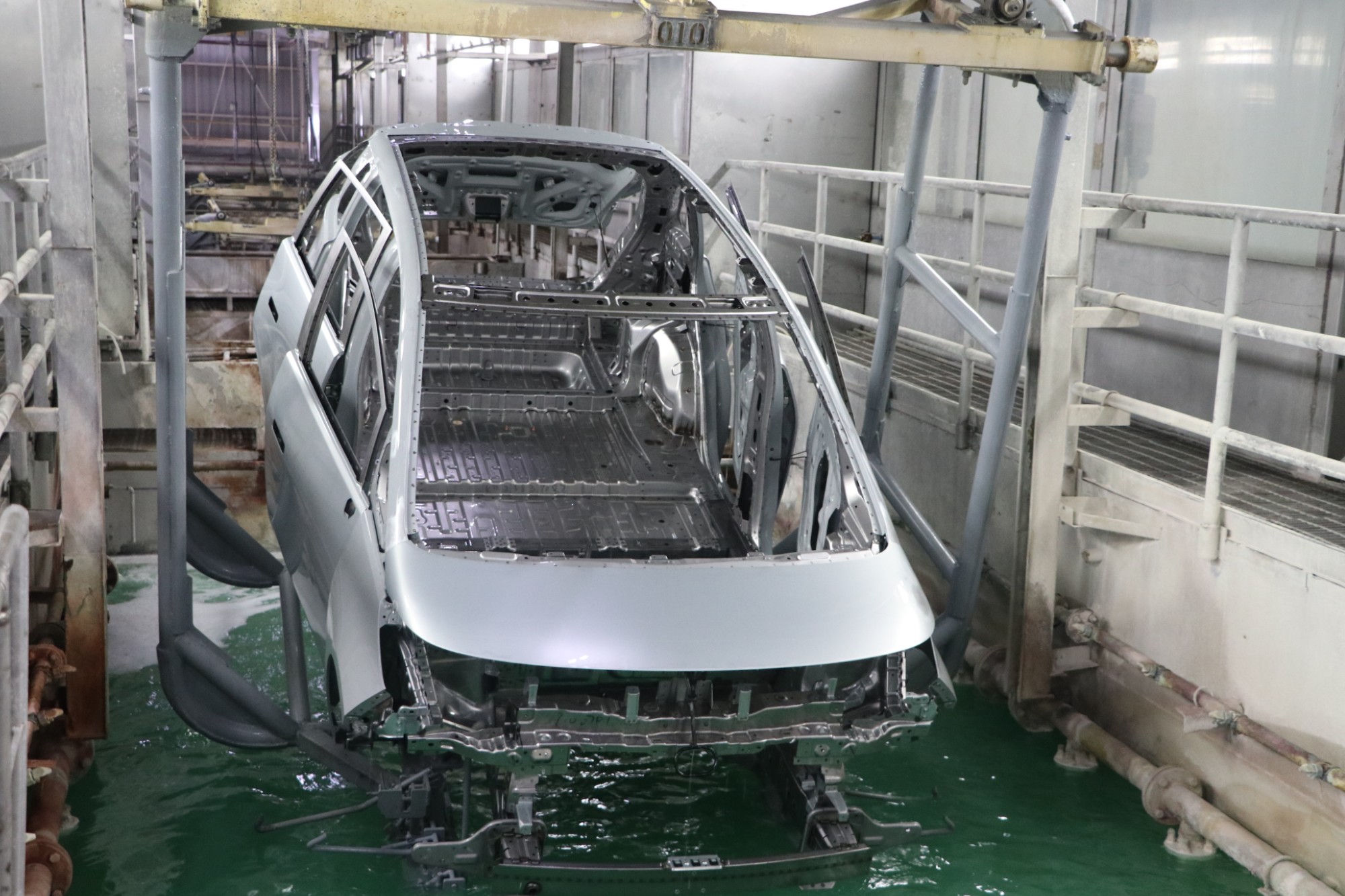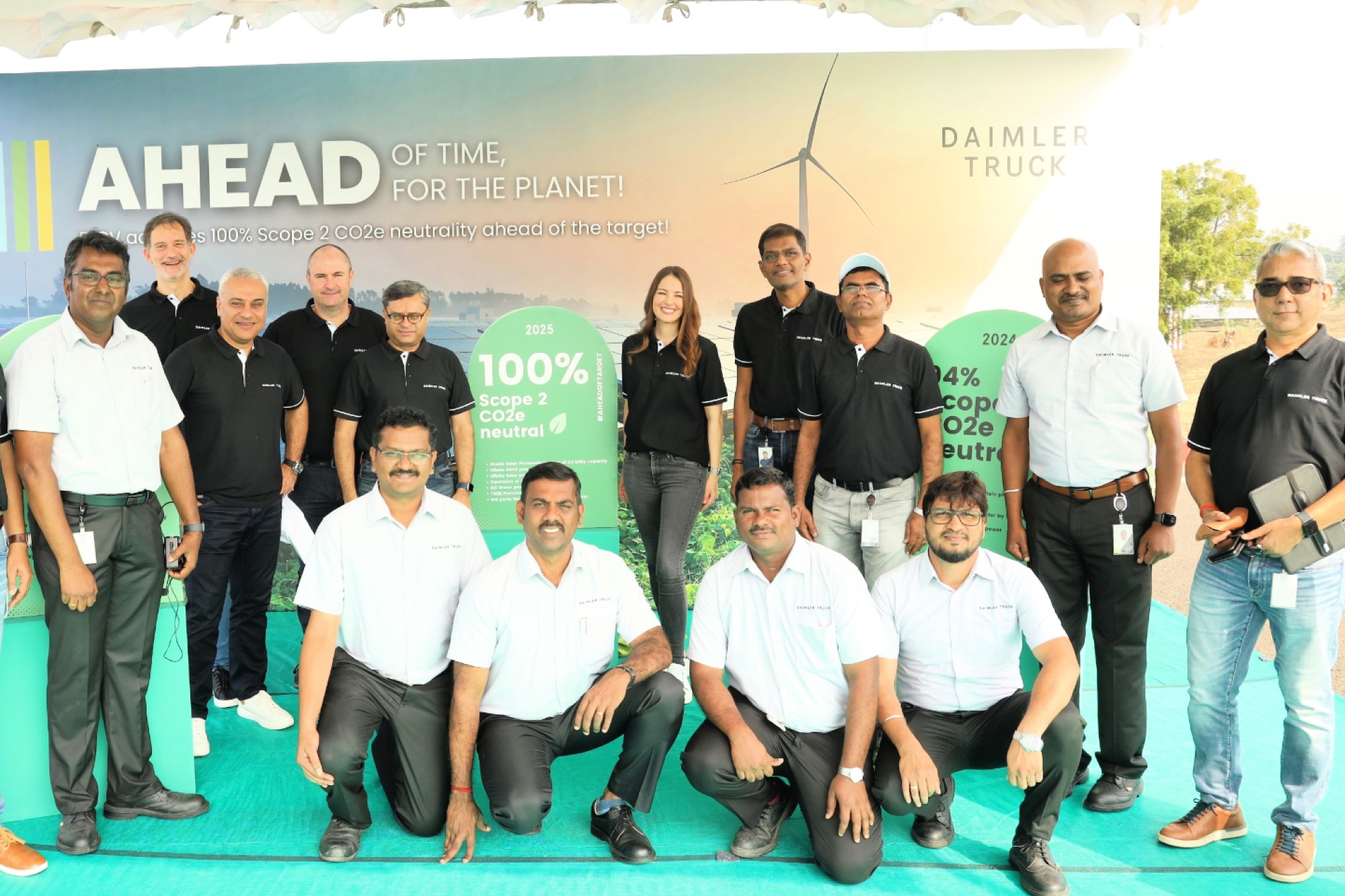Nissan accelerates shift to low-CO2 aluminium to achieve carbon neutrality
By OEM Update Editorial May 25, 2024 6:26 pm IST
Nissan Motor plans to use low-CO2 emission aluminium parts in new and current models starting in fiscal year 2024, with the goal of transitioning to these components by 2030. The company aims to be carbon neutral by 2050 and aims to use green aluminium.
Nissan Motor has declared that it will utilise low-CO2 emission aluminium parts manufactured from green or recycled aluminium in new and current models beginning in fiscal year 2024, with the goal of completing the full transition to such components by 2030.
Aluminium accounts for around 10 percent of vehicle weight. Nissan intends to take a substantial step towards carbon neutrality by adopting aluminium with low CO2 emissions. Nissan aspires to be carbon neutral during the whole lifespan of its vehicles by 2050.
Green aluminium is manufactured using power sourced from non-fossil fuels, which may cut CO2 emissions by up to 50 percent during production4. Furthermore, recycled aluminium may save CO2 emissions by almost 95 percent. Nissan has been importing low CO2 emission aluminium sheets for car panels made in Japan from Kobe Steel, Ltd. and UACJ Corporation. To further minimise CO2 emissions, Nissan will employ low-CO2 aluminium for all aluminium parts, including processed components, globally in the future.All new vehicles produced beginning in fiscal year 2027 will utilise low CO2 emission aluminium. Nissan plans to begin procuring green aluminium wheels, chassis parts, axle parts, and harness wiring for current models in Japan, the United States, and Europe starting this fiscal year. As a consequence, by the end of fiscal year 2024, Nissan expects to replace about 20 percent of its newly mined aluminium for automotive components procured in those countries with green or recycled aluminium. Nissan prioritises sustainability in its corporate strategy, with the goal of creating a cleaner, safer, and more inclusive world. Nissan will continue to increase its efforts to create a sustainable society.
Cookie Consent
We use cookies to personalize your experience. By continuing to visit this website you agree to our Terms & Conditions, Privacy Policy and Cookie Policy.
















